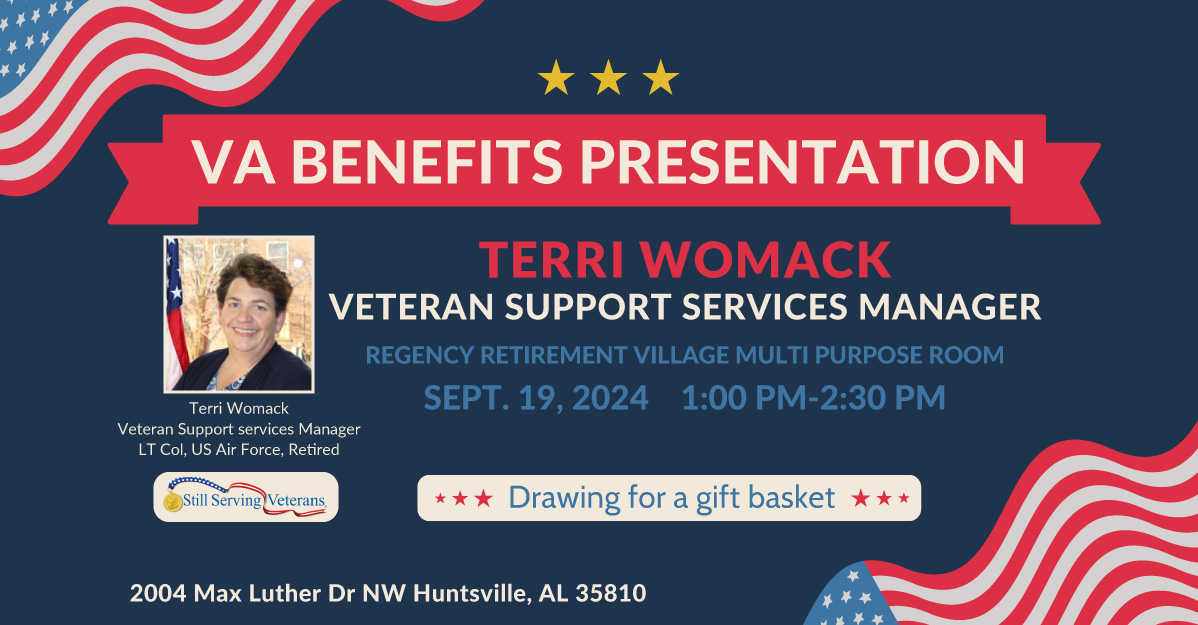 It can be a difficult decision, deciding when you are ready for a retirement home. There are so many factors to consider, from your medical needs to your financial well-being to how far you live from family. It’s a decision that involves both logic and emotion. Such a move affects may affect logistics of your daily life and long term planning, but it also can be hard to change the place you call home. However, it can also be exciting to proactively make decisions to ensure your health, happiness, and enjoyment of your retirement years.
It can be a difficult decision, deciding when you are ready for a retirement home. There are so many factors to consider, from your medical needs to your financial well-being to how far you live from family. It’s a decision that involves both logic and emotion. Such a move affects may affect logistics of your daily life and long term planning, but it also can be hard to change the place you call home. However, it can also be exciting to proactively make decisions to ensure your health, happiness, and enjoyment of your retirement years.
Some of the first questions to ask yourself when trying to decide if you are ready for a retirement community Huntsville are whether you are facing a health issue, decreased mobility, or memory loss that would mean you need additional assistance. Another question to ask yourself is if your medical history suggests you will need evolving care—that is, to choose a retirement community that can age with you through different levels of assistance and care should your health decline. Third, you’ll want to be honest with yourself about what other reasons you might have for wanting to move to a retirement home, such as increased social activity, because a spouse needs to, or because you want to simplify a move closer to family.
Once you know why you’re considering a move, you’ll want to take a look at the logistics. Talk to your doctor, financial counselor, and the administration at any retirement homes you are considering to find out what qualifications you need to have and what the costs might be. If you are still early in your retirement and are simply considering what the future might hold, now is a great time to plan financially for the possibilities.
Some financial experts recommend following the 4% rule for withdrawal from savings. That rule is based on the idea that “if retirees withdraw 4.5 percent of their savings every year, adjusted for inflation, their nest egg should last 30 years, the length of time generally used for retirement planning.” However some experts say that math is outdated, and that seniors should consider other options like deferred income annuities. However, everyone’s financial situation is so different and costs of living vary so widely the best thing to do is see your own accountant or financial planner to decide how you can avoid outliving your investments.
Consulting a financial expert can also help you determine the best way to handle your present assets, such as a home you have paid off and may want to sell if you move to a retirement community. Planning ahead for how assets will factor in to your larger financial picture is just one example of how important it is to be proactive about retirement planning. All too often retirees don’t plan for what kind of community they might like to join or how to pay for it until it’s a dire necessity. Avoid making a rushed decision after a prolonged hospital stay or accident like a fall. Instead, you can decide now what type of senior living community might suit your needs. That will give you more options down the road, and a greater sense of flexibility and independence.


